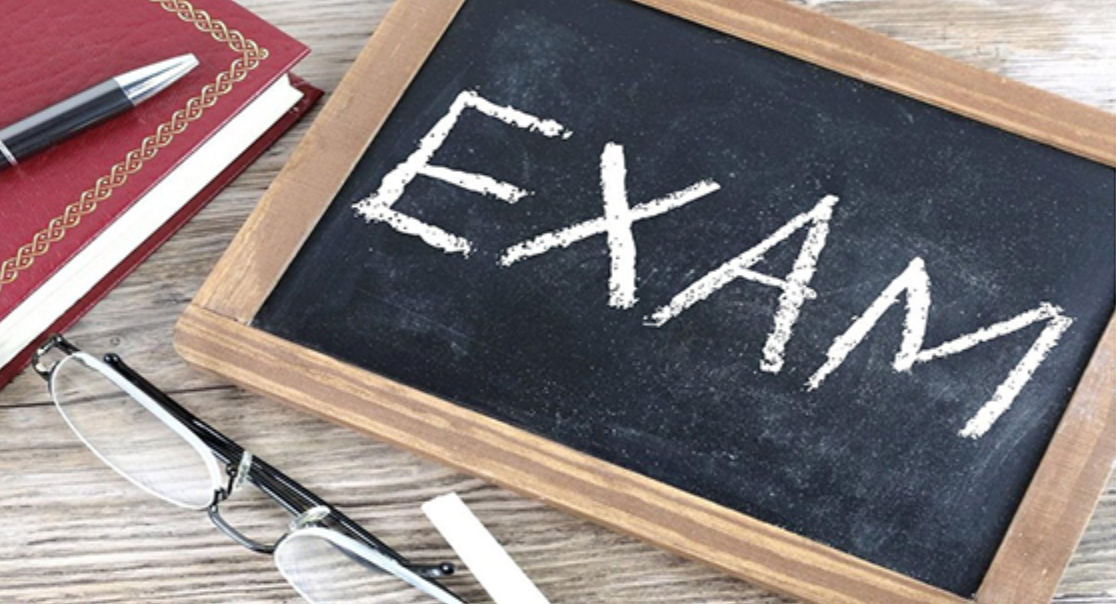Midterm season can be one of the most stressful times in a student’s life. Endless hours of studying for complex exams, tremendous effort dedicated to creating academic presentations, and last minute touches on tedious essays and research papers are just some of the various possibilities that contribute to feelings of teenage angst.
However, adolescent peers vulnerable to stress and anxiety should not give up, and instead help prevent these experiences by applying effective methods of positive mental health reinforcement. Here are the top six ways to eliminate that stressful burden off the back of your shoulders this midterm season.
- Get a good night’s sleep
Sleeping for the recommended daily amount of 8 hours every night is imperative for academic success and limited stress build up. Sleep deprivation is a predominant aspect of many teenage lives as many find it difficult to manage their time properly when engaged in extracurricular activities, sports, and academic school work.
For this reason, it is important to create a sleep schedule that adheres to these guidelines, while also adapted to the individual student’s schedule. It is recommended that each student makes a sleep schedule for themselves before the year begins, attempting to follow these rules nightly.
However, they should make it apparent to themselves that this doesn’t mean they are limited to keeping the rules the same for the entire year if their schedule changes or a curve ball is thrown their way. Adaptation is an important quality that should be carried into adulthood to encourage future resilience.
By not resisting this schedule, teenagers can ensure that they obtain the minimum number of hours to function properly. These increased moments of rest will then increase academic performance, focus, and class participation, all together leading to a more successful student body. Sufficient hours of sleep maximize a student’s potential for thinking and problem solving, thus increasing class average midterm exam grades, impressing students and parents across the board.
- Read a good novel
Reading is one of the best ways to decompress from a tough week. After getting swamped with boat loads of homework and assignments, indulging in a good novel allows people from any age to relax and really reflect on their experiences from the week in a responsible, mature manner. By immersing oneself with a plot filled with dynamic characters, unpredictable adventures, and moments of comedic relief, students are better able to relax from weekly stress build up and make sure that they are in a better mindset for potential late night cramming.
Although some might always consider themselves as workaholics, it is okay to distract yourself from consuming academic assignments with enjoyable pursuits from time to time to help maintain your sanity and have a balance of emotional control. Without leisurely breaks, students struggle to find happiness in any pursuit.
- Play a board game
During stressful times, it is important to take a break and reflect on your difficult work week. Playing board games with friends and family allows students to recuperate from late night cramming for tests. This should especially be emphasized during midterms week where students are studying hours every day to maximize their chances of scoring high on their midterms.
Without focusing on mental health, students can spiral out of control and become burnt out, which can prevent them from obtaining future success. As a result, after studying for a designated amount of time, remove yourself from your computer and study materials to shift your focus from academic pursuits for a while to avoid succumbing to anxious feelings. By playing board games through a productive break, you will ensure that you have the sufficient energy to keep yourself rolling without reaching a clear breaking point.
- Watch a television show or movie
T.V. shows are optimal ways of decreasing excess pressure and finding new forms of relaxation. Sitting back on the couch to relax while engaging with a course of events from a T.V. show allows anyone to escape reality for a limited amount of time, which is beneficial for reflection.
However, you should remember that there has to be a breaking point from your screens. If you find yourself binge watching shows for more than a few hours at a time or getting addicted to your television, you should decide to grab your remote control and remove yourself from the screen for a little while to avoid disengagement from studying or content review.
For this reason, some individuals might find that setting a timer for an hour will help them decompress from their difficult study opportunities to avoid burnout, while also helping to prevent them from getting overly distracted by entertainment and balance leisure time with study sessions.
- Take a walk or run around your block
In a newly digital age, it is near impossible to find opportunities to disengage from the internet through wireless devices. Furthermore, leaving your house to go on a run or workout is a perfect way to get your blood flowing to refresh your mind and body to prepare for what is yet to come.
By taking a jog around your neighborhood or attending a short workout session, one is able to receive an energy boost to maintain their focus when going back to studying at a later time. By staring at a screen for prolonged amounts of time, it is easy to lose focus on what you are studying or reviewing, and it becomes difficult to absorb all of the information. However, when you release your energy in the form of physical activity, there can also be mental benefits that can improve the learning process in the long run.
- Cook or bake
The process of cooking or baking is incredibly therapeutic for all people. There is nothing better than the sense of smelling freshly baked cookies coming out of the oven or being exposed to the scent of delectable plates of food as they come off the stove.
The act of cooking is imperative for distracting your mind from your academic work. As one adds ingredients to a bowl, there is a mind-muscle connection that is created that really allows people to participate in an exciting activity. An additional bonus to this method is the anticipation that comes when you are making your dish because you can get excited to try your creation once it comes to fruition.
Taking a snack break is always a good option to refuel your energy for deeper involvement and to keep your engine moving. Cooking or baking is the perfect medium to get back on your feet after a long day and doing this action with other people is the icing on the cake because it can build social connections that can be uplifting motivation to contradict a more monotonous routine.
When feeling down in the clouds this midterm season, remember to implement these mental health tips to ensure that you prioritize mental clarity to contribute to your academic success.











































